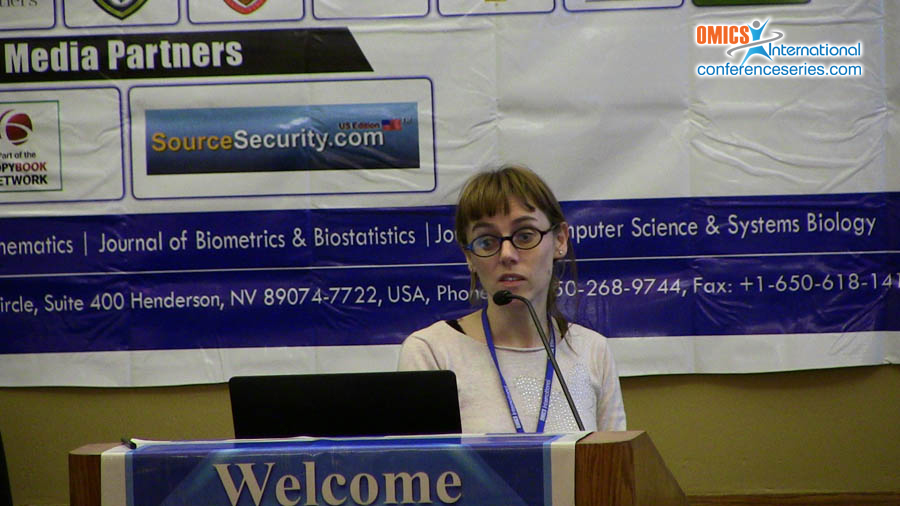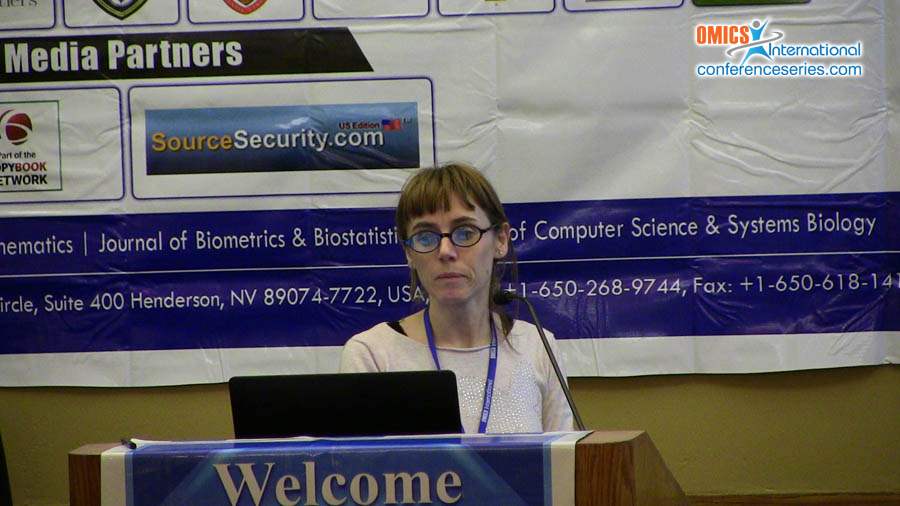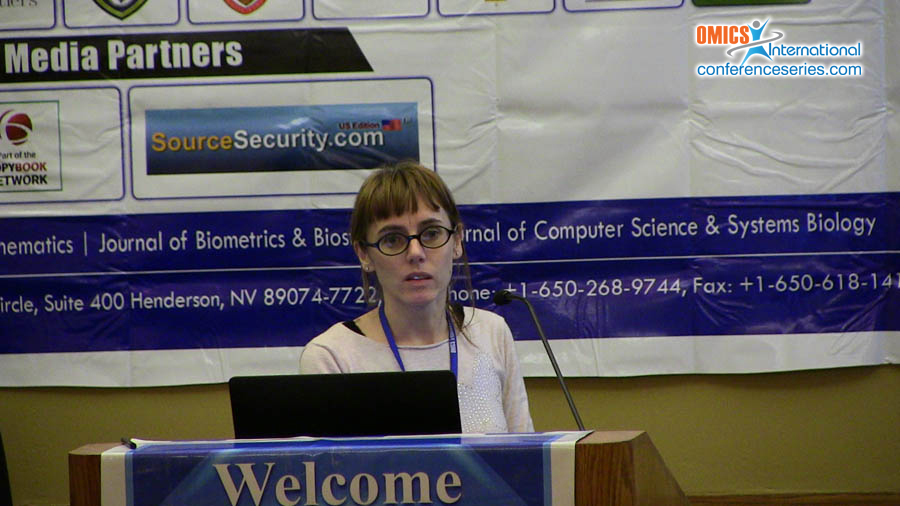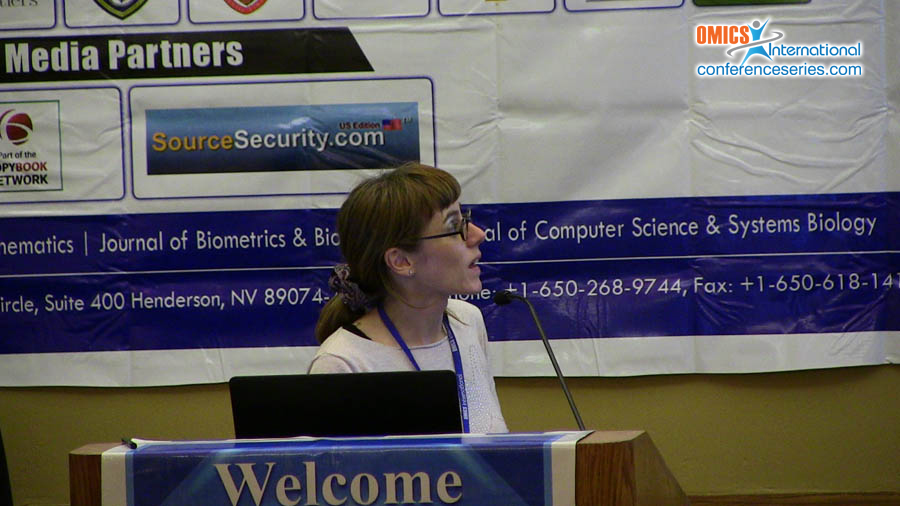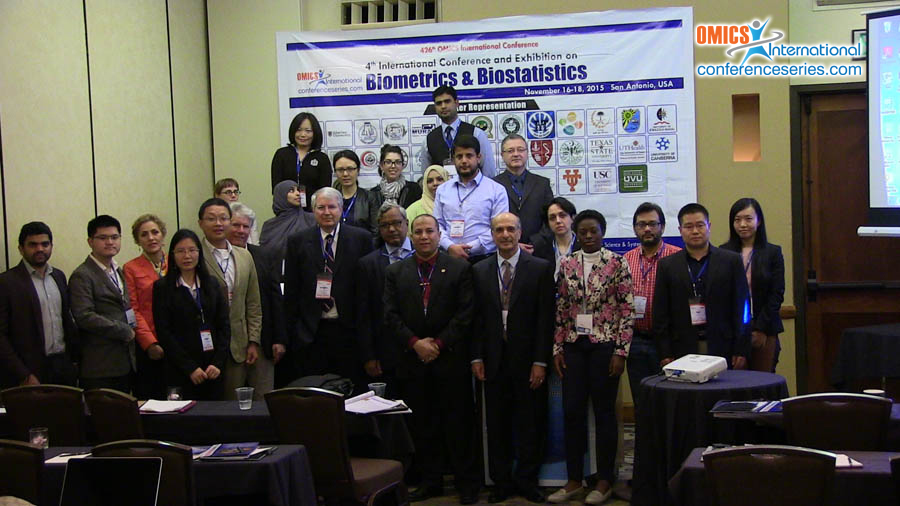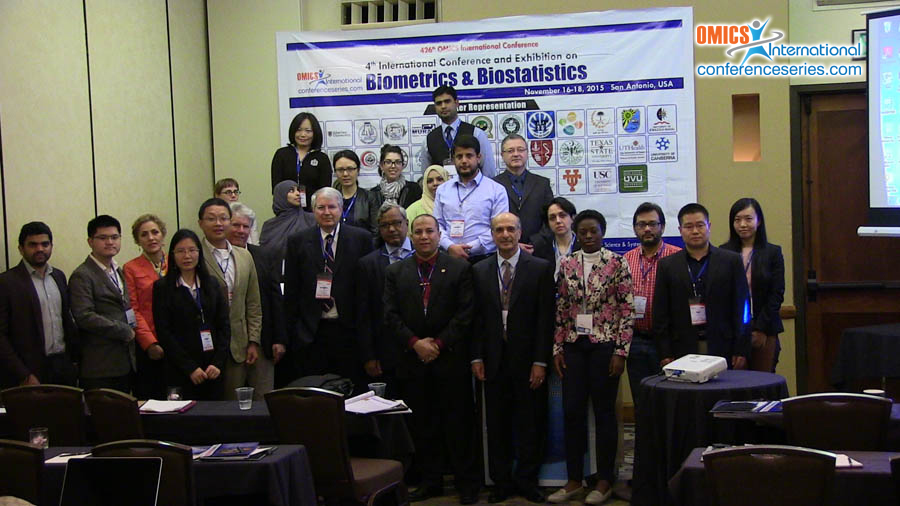
Fulvia Pennoni
University of Milano-Bicocca
Italy
Title: Casual analysis of the relation between epigenetic pathways and air pollution based on the joint use of mixed latent Markov models and the propensity score method
Biography
Biography: Fulvia Pennoni
Abstract
We propose a novel model for longitudinal studies based on random effects to capture unobserved heterogeneity. We aim at extending the latent Markov Rasch model, which is specially tailored to deal with confounders and missing data on the primary response. The model is based on both time-fixed and time-varying latent variables having a discrete distribution. In particular, time-varying latent variables are assumed to follow a Markov chain. The model estimation is performed by the maximum likelihood procedure through the EM algorithm. This estimation is based on a set of weights associated to each subject to balance the composition of different sub-samples corresponding to different treatments/exposures in a perspective of causal inference. These weights are computed by the propensity score method. The model is applied to the analysis of epidemiological and molecular data from the Normative Aging Study (NAS), a longitudinal cohort of older individuals to identify key epigenetic pathways in humans that reflect air pollution exposure and predict worse cognitive decline. The participants are assigned estimates of black carbon exposure, a measure of diesel particles, since 2010; have epigenome-wide Illumina Infinium 450K Methylation BeadChip data for methylation at ~486,000 DNA sites measured at two different time points; and are administered cognitive testing assessing multiple functional domains every 3-5 years. We will consider DNA methylation as a possible intermediate variable mediating the effects of air pollution on cognitive aging. Epigenetic profiles may represent cumulative biomarkers of air pollution exposures and aid in the early diagnosis and prevention of air pollution-related diseases.

